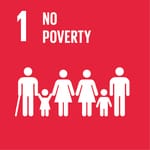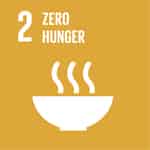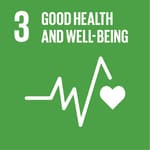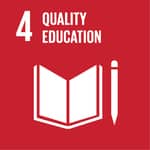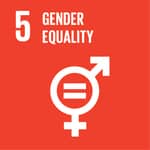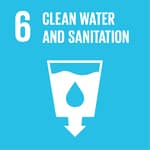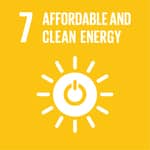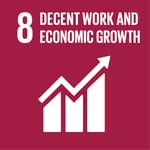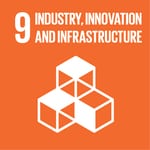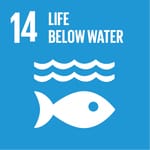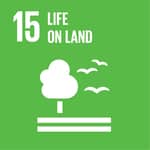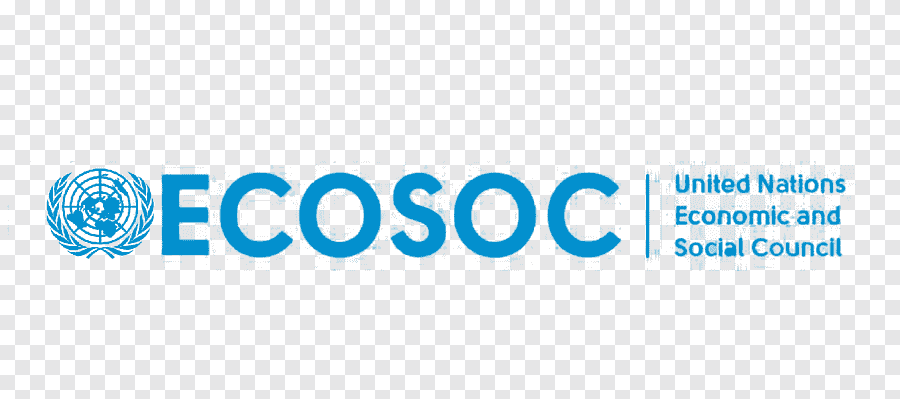It seeks integration of economic growth and environmental sustainability, seen as essential for the future of humankind. As such, it promotes a new model of economic growth known as “green growth,” that simultaneously targets key aspects of economic performance, such as poverty reduction, job creation and social inclusion, and those of environmental sustainability, such as mitigation of climate change and biodiversity loss and security of access to clean energy and water. The 25+ country programs conduct 56 projects in developing countries, growing out of the green growth experience of the Republic of Korea.
Work countries:
Thematic Areas:
Global practices:
Publications:
- Projects
- News
- Flagship Publications
- Webinars and Training
- Presentation Slides
- Interviews & Articles
- Reports
HIGHLIGHTS:
- Green Cities Development: A Training Manual (2019, 56p.) Provides a comprehensive set of developing training materials to share knowledge and experiences of the GGGI urban priority areas through its global/regional/national capacity-building programs.
- Green Growth to Achieve the Paris Agreement (2019, 50p.) This report looks into the renewable energy transformation that has begun and is based on the premise that all forms of renewable energy are now—or will soon be—cheaper than fossil fuels. In 2017, renewables produced 165 GW of electricity—more than double the year before. Deep decarbonization will require targeting 100% of the renewables in the energy mix: focusing on massive electrification of transportation, electrifying heating and cooling through heat pumps, scaling up energy efficiency efforts, and reversing deforestation and unsustainable biomass use to achieve carbon sequestration in sustainable landscapes. It will also require engaging all stakeholders, including national and city governments, institutional investors, private sector energy users and producers, and civil society.


